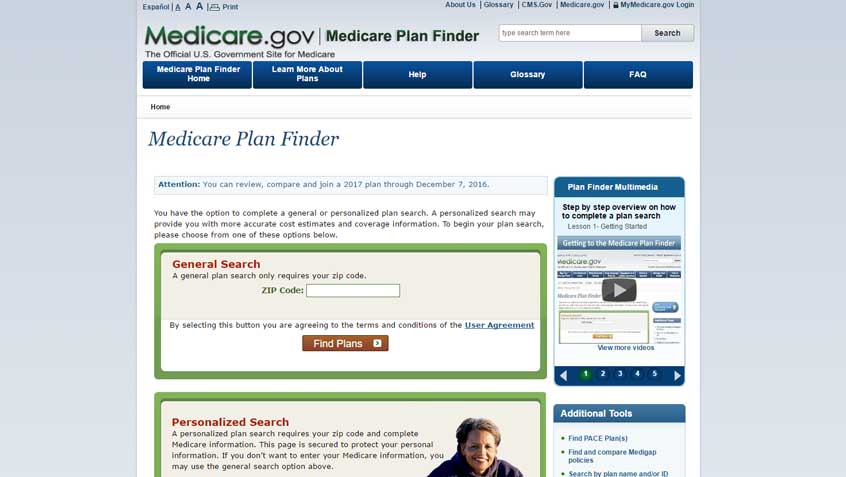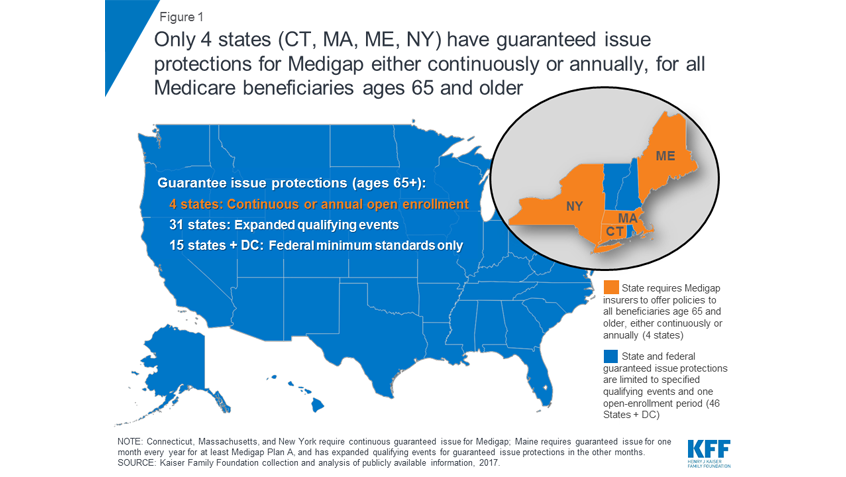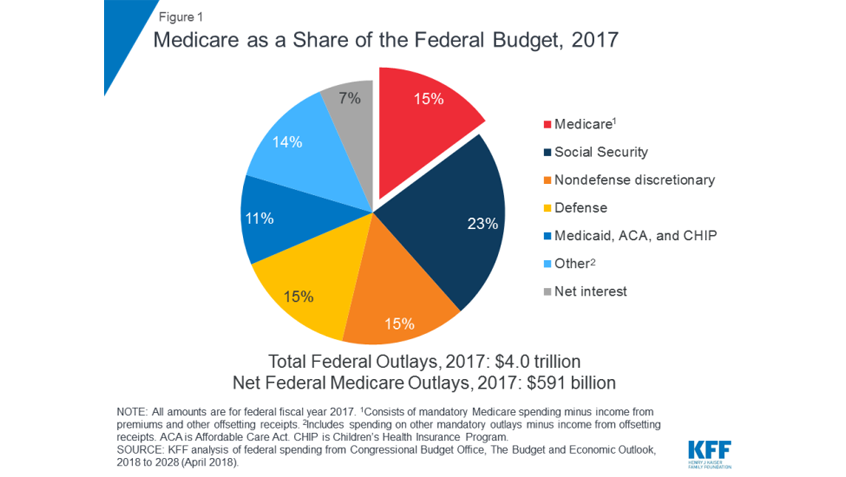
Medicare Rights Responds to Proposed Changes for Medicare Advantage Plans in 2020
The Medicare Rights Center recently submitted comments in response to proposed rule changes from the Center for Medicare & Medicaid Services (CMS) pertaining to Medicare Parts C and D for 2020 and 2021. Many of the proposed rules implement changes that Congress made to the law that establishes Duals Special Needs Plans (D-SNPs). D-SNPs are special plans designed to serve the needs of people who are eligible for both Medicare and Medicaid, also known as “dual eligibles.”











